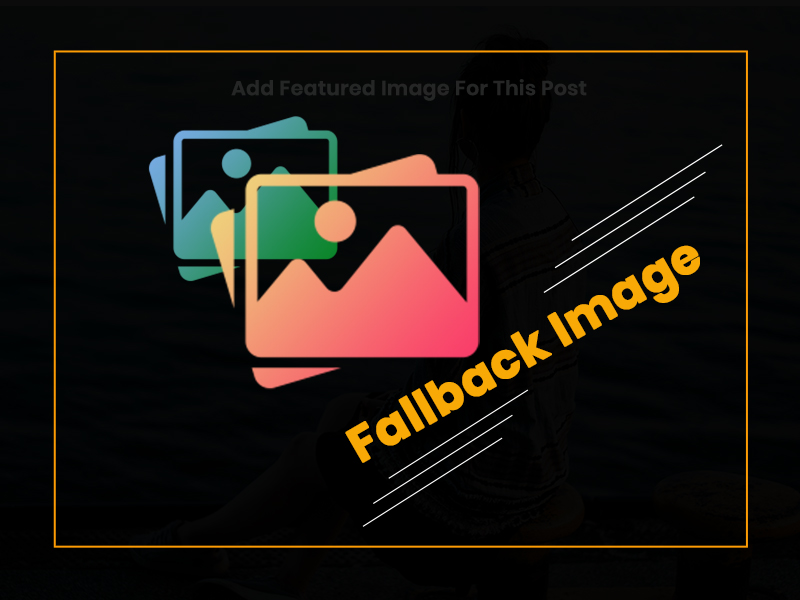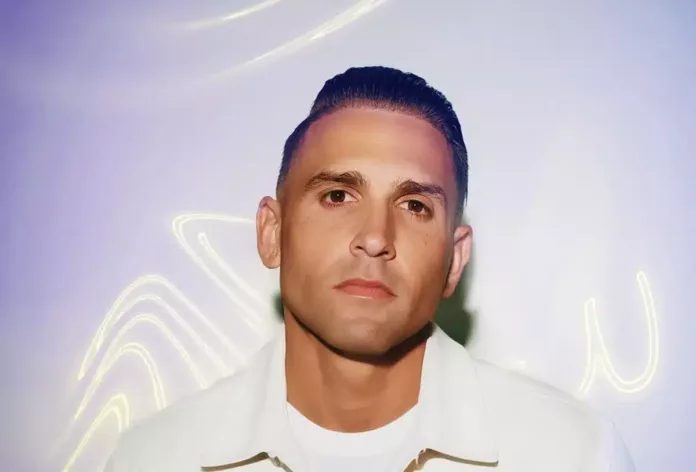
Alice Longyu Gao: “I’m like Andy Warhol – I’m presenting something that is purely new to the world”
Alice Longyu Gao fizzes with so much energy that a regular Zoom window seems unable to contain her. Before our interview even begins, Longyu Gao tells NME that she wants to move to London because she really feeds off the city’s culture and ample historical monuments. “Like, I’m not a super-deep person, but I do feel like the culture here lacks depth,” she says. “If I want to go to a museum, I have to take a car.”
“Here” is Los Angeles, her home since just before the pandemic. When she was 17, Longyu Gao moved to the US from Bengbu in China, the city where she was born and raised. After studying philosophy at Boston University, she relocated to New York and taught herself to DJ as a way of making money. “But I always knew I wanted to make original songs,” she says. “You know, I booked the release party for my first song before I even made it.”
This chutzpah says a lot about Longyu Gao, who also booked her first DJ gig before she learned how to mix records. She’s a genuine self-starter who now has an impressive profile: over 320,000 monthly listeners on Spotify, a co-sign from Lady Gaga, and collaborations with Alice Glass and Bring Me The Horizon’s Oli Sykes, to name but a few of her accomplishments thus far.
Her brilliantly inventive and witty music – “New girl, tragic! / Guess you like them basic,” she spits on ‘To My White Boy Princess’, an infectious revenge bop – is generally labelled as hyperpop. That’s partly because she often collaborates with Dylan Brady of hyperpop pioneers 100 Gecs, who produced ‘Underrated Popstar’ and ‘100 Boyfriends’ from her dazzling debut EP, last year’s ‘High Dragon and Universe’.
However, Longyu Gao is refusing to be hemmed in by the genre. Her latest single ‘Believe The Hype’ is a frenetic duet with BMTH vocalist Sykes that blends off-kilter electro beats with hollered rock vocals. “I think my community consists of minorities: gay people, trans people, Black people, women like me,” Longyu Gao explains. “When I started making this type of music with people like Dylan Brady, hyperpop wasn’t a thing. Nobody even invented that term yet. And you cannot use a Spotify playlist to define a group of people that are so diverse.”
As NME finds out in this wildly entertaining interview, Alice Longyu Gao isn’t an artist who will ever be put in a box.
NME: So, how did your Oli Sykes collaboration come about?
Alice Longyu Gao: “Well, he tagged me twice on his Insta stories: once with my song ‘Underrated Popstar’, once with [the Alice Glass collaboration] ‘Legend’. So we got talking and I was like: ‘Maybe we could do a song together?’ And he was like, ‘Yeah, sure’, and he was open to working remotely. I actually sent him two demo options [to work on], and he picked the one that was less tailored to a collaboration between me and him. Like, the other demo was the one that I had tried to adapt to his type of music, but he didn’t pick it. So ‘Believe The Hype’ really came together from part of me and part of him. It’s something that nobody knew they needed to hear until they heard it.”
What kind of statement are you trying to make with ‘Believe The Hype’?
“We live in a capitalist society and, to me, capitalism always felt off because it fails us as creative people. I get very angry and upset about how the world works versus who I am. I want to make great work, but the way money and [streaming] numbers manipulate art-making is very complicated for me because I’m not a pure Jesus. You know, I’m not here to tell you that I don’t give a fuck about money. No honey, I need to live and I love to go to a nice restaurant and have a nice meal.
“But I find it really hard to position myself in this game, especially considering that I’m pansexual, I’m queer, I’m a woman of colour and I’m foreign. People think I’m American-born Chinese – I’m not, I’m Chinese. So I guess my question to this generation is: ‘What’s gonna last when you close your phone?’”

As your music gets more popular, you will become more reliant on capitalist platforms like Spotify and Instagram. Does this create a constant sense of tension for you?
“Well, I think what I need to work on is my self-esteem. Because I’m very insecure as a person, I seek validation from social media and platforms like Spotify. I care about those things too much, and I think eventually I will let that relationship become toxic. It’s a challenge for me every day because I see those [streaming and social media] numbers and it fucks with my head. I have confidence in my work – I have ears, I know what’s up and I think my work is up there with the best of them. But when it comes to corporate support, obviously, it’s a different story.”
What do you think is the root of your low self-esteem?
“First of all: body image. Growing up, I always loved to read fashion magazines and art books, but I would look at them and think, ‘I don’t look like those Caucasian girls’. Like, I don’t have blonde hair, blue eyes and pale skin. Also, I was a bit overweight because I had asthma and the pills made me put on weight as a side effect. So the world was telling me that I was awkward. And this is a high school thing, but I remember being on a bus and the boys from another high school would be like: ‘You look like a pig’. And they would take photos of me because they thought I looked like a pig. So I was like, ‘What the fuck?’. I think my body dysmorphia really fucked me up. And at the same time, I could see the way women were treated as objects.”
That is unbelievably cruel, even for high school kids.
“It still happens to me to this day – I get bullied online. Like, my first viral TikTok moment, for ‘100 Boyfriends’, was when I talked about my forehead being big and how people online are always telling me about it. So yeah, the world kept telling me that I was ugly and not good enough. Even now, I work really, really hard, but I still don’t get the opportunities to play music festivals or have a strong support system to make sure my music is promoted properly. And that really touches my heart, you know.”

You call yourself the “princess of manifestation”, which is also the title of the first song you ever posted online. Where does this intense ambition come from?
“It’s because I don’t have a plan B. There is no back-up plan. My dad basically cut me off after college and New York was really expensive, so I really had to hustle. I knew I was really, really privileged to be able to finish my education because my parents paid for my tuition. But at the same time, I knew that what I’m doing now isn’t what they wanted me to do. So I’ve always had a fire under my ass and I’m always thinking about what’s next.
“You know, I was with this dude – he was like the second heterosexual bro I ever had sex with, but not the dude I wrote ‘To My White Boy Princess’ about. Anyway, I saw a text from his mom on his phone that said: ‘Good morning to the best musician in the world’. I was like, ‘Whaaaaaat?’, because my parents never, ever say that. I am so critical of myself; nothing is ever good enough, and I think that’s where the drive comes from.”
“I think I’m like Andy Warhol – I’m presenting something that is purely new to the world”
Talking of ‘To My White Boy Princess’, what made you want to write that song?
“Basic heterosexual white men have been objectifying women – Asian women, any type of women – for thousands of years, so I decided to objectify them back. Because I’m pansexual and queer, I never really fell in love with a heterosexual guy before. So when I did, I had no idea how his mind or body worked, you know? Everything he was doing made no sense to me, and I was really obsessed with him because that’s how romance works. And then I started getting no response from him: I was being ghosted, so I ended up making like 25 songs about him. ‘White Boy Princess’ is the one I put out because it’s all good energy. The other songs I made out about him are, like, very spiteful.’”
Do your fans think they’ve guessed who he is?
“Well, can I just say one thing: ‘White Boy Princess’ is not Charlie Puth. OK guys?”
What do you want to stand for as an artist?
“You know, I think I’m more like Andy Warhol – well, Andy Warhol is another white man, which I’m not. But I think I’m presenting something that is purely new to the world, which is why some people have a hard time even digesting it. For example, my collaboration with Oli is something that no one would ever try to orchestrate or A&R. It came from a genuine place, which is why it’s so beautiful. So I know there is a challenge ahead of me. When you listen to my music, I don’t think all the experience you have could help you make a conclusion on what it is. You just really have to immerse yourself in the world of Alice Longyu Gao.”
Alice Longyu Gao’s new single ‘Believe The Hype’ (featuring Oli Sykes) is out now



